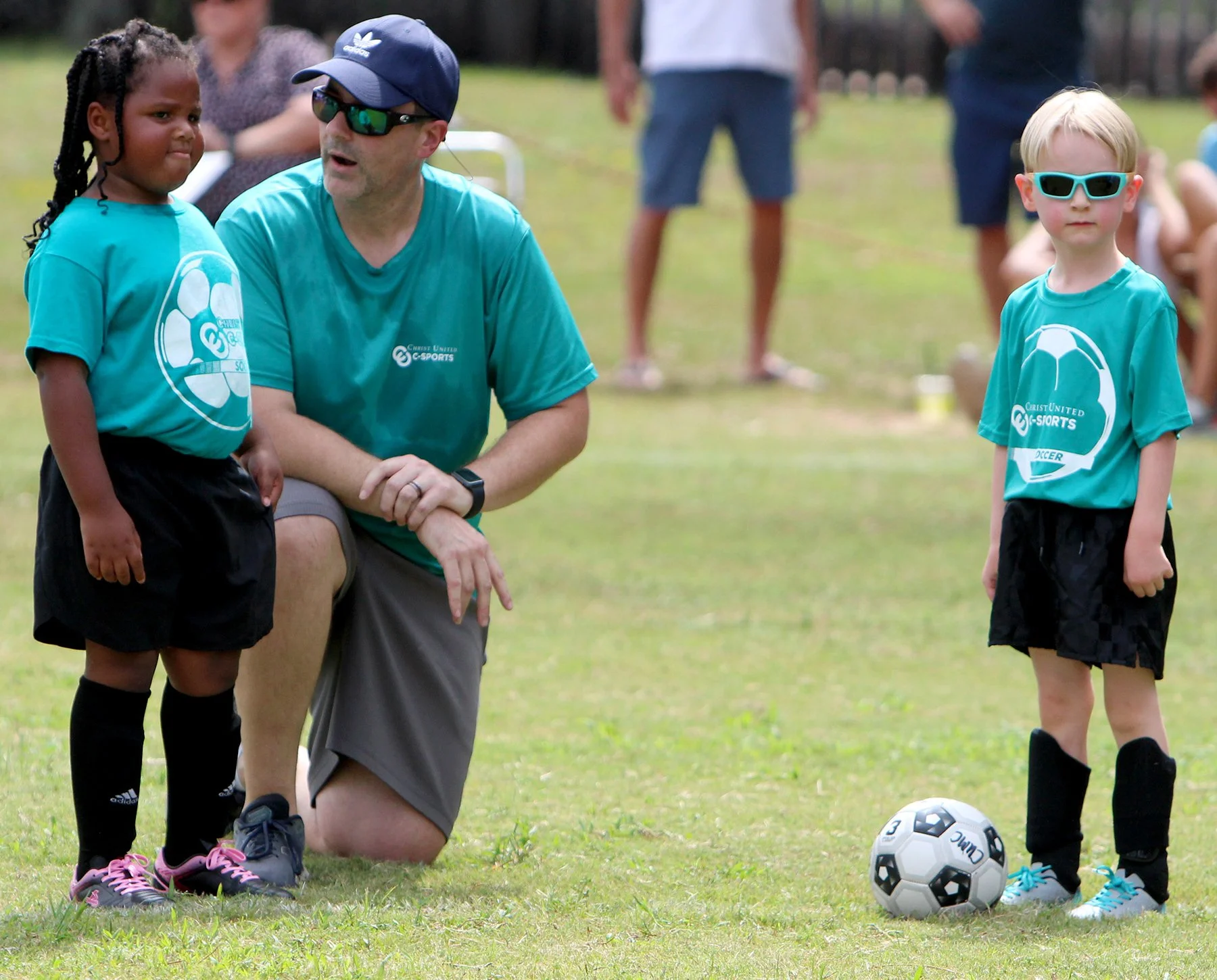C-SPORTS VOLUNTEERS
This program is built by the hard work of many people who are volunteering their time. Coaches, assistant coaches, team parents, referees and other volunteers are what make this league possible. Coaches and leaders provide spiritual enrichment through weekly devotions and relationship building. Without these volunteers, the C-Sports program could not operate.
To volunteer for C-Sports, each coach, team parent, and referee/umpire must be over the age of 18. Youth under the age of 18 should contact Rose Farnell.
All of the forms to volunteer to be a HEAD COACH, ASSISTANT COACH or REFEREE are on this page and they will take some time to complete. Please read over before you begin so that you have all of the information you need to complete the online forms. You may also choose to not complete the online forms to come in person to complete handwritten forms. No person will be allowed to volunteer coach until forms are complete.
If you would like to volunteer to be a TEAM PARENT instead of coaching, please notify your coach or contact Kim.
Coaches Safe Santuary Video Training
Coach/REFEREE Volunteer Form, aka “Yellow Form” - to be completed for every sport
*Referees only have to complete yellow form.

